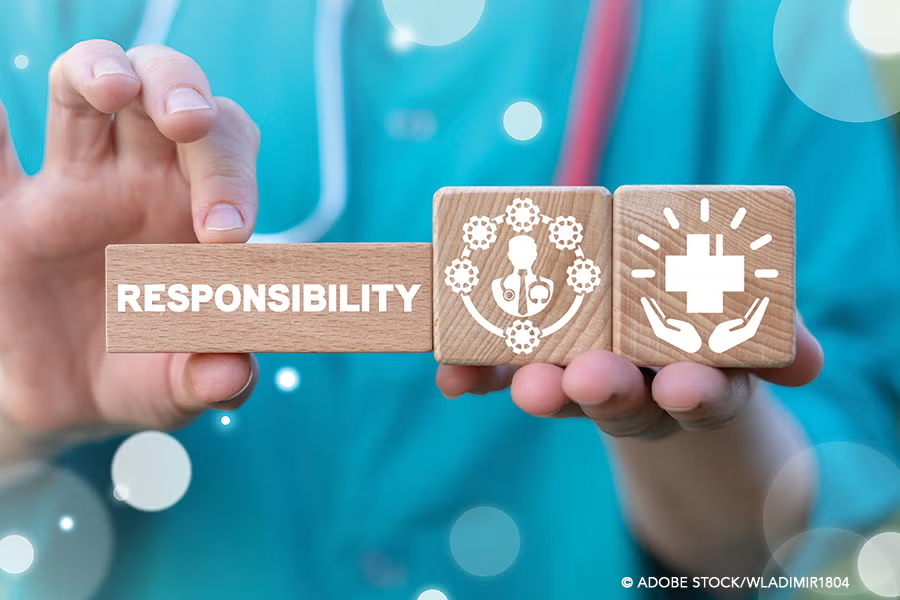Realistic hope can be beneficial to the patient if developed within the envelope of evidence and experience known by the clinician and bolstered by an honest, informed discussion with the patient.


Realistic hope can be beneficial to the patient if developed within the envelope of evidence and experience known by the clinician and bolstered by an honest, informed discussion with the patient.

It’s predicted that the capabilities of AI and AI-supported applications will include enhancement of pertinent data summaries that are far more comprehensive than individual physician literature searches can provide.

While proponents of value-based care indicate that the cost savings and efficiency of the system are inherently quality based, it remains to be seen how that will play out at the patient–physician relationship level
If writers understand ChatGPT’s strengths and weaknesses, they can harness its power to make their processes more efficient and their products more robust, leveraging the tool to their advantage.

Caring for the homeless and uninsured may be a challenge and they may take more of our valuable time than other patients, but if we deny them our care, we stand to lose a bit of our professional soul in the process.


The answer lies in three domains: our professional duties to the patient, our ethical obligations to the patient, and our fiduciary responsibilities to society.

In the past six months, I’ve detected duplicated images in multiple submitted articles, equating to more than 40% of the articles I reviewed.

What responsibility do we have in the otolaryngology community to police ourselves?

Caring for a colleague in medicine carries additional responsibilities, including navigating potential challenges to your care in the context of autonomy, beneficence, nonmaleficence, and social justice.